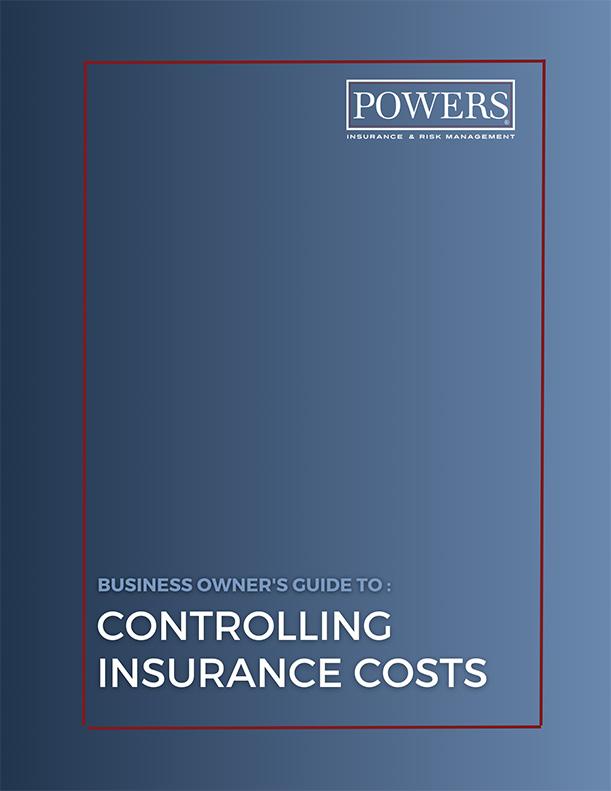Jewelry Insurance should be a standalone policy, separate from your homeowners insurance. Having a separate policy, ensures that your homeowners insurance will not increase if you file a claim. More importantly, Jewelry insurance has superior coverage over a standard homeowners policy. Jewelry insurance will cover the entire replacement value of your jewelry, whereas homeowners policies may only cover a fraction. Also, many homeowners policies will only cover jewelry if it is stolen. Not so with Jewelry insurance. Whether your jewelry is lost, stolen, or even damaged, you will have peace of mind that your jewelry is protected. Not only does jewelry insurance cover your items under any unfortunate circumstance, but it does so worldwide.
- Lost your ring in the sands of a tropical island? You’re covered!
- Your luxury watch was stolen from your hotel room? You’re covered!
- Chipped your diamond on a hard surface? You’re covered!
No matter what happens or where you are in the world, your jewelry is covered.
What types of Jewelry Insurance are there?
There are two types of Jewelry Insurance, scheduled and blanket. Scheduled insurance will list the value of each piece of jewelry and blanket insurance will insure the value of your collection as a whole. Choosing these will depend on how many pieces you have in your collection and the value of each individual piece.
- Scheduled Jewelry Insurance – In this policy each piece of jewelry will be listed with an agreed upon value. You will be required to have an appraisal, within the last two years, for each piece. Scheduled jewelry insurance is great for high value pieces.
- Blanket Jewelry Insurance – In this policy your coverage will be based on the overall value of your jewelry collection, rather than an individual piece. There will be an agreed upon max-limit value per individual piece. If you have a single piece of higher value, you may want a separate scheduled policy. Blanket jewelry insurance is easier to setup and appraisals are not required. It is, however, recommended to have documentation for all your pieces, so values can be determined after a loss—a description of the piece, a photograph, and an estimated value. If you acquire a new piece while traveling, you don’t have to worry about adding it to your policy. It will be completely covered as long as the value does not exceed the max-limit for the policy.
What is the best insurance for jewelry?
Choosing the best insurance for your jewelry is going to depend on you. If you have many high value pieces, you will want a scheduled policy. If you have a lot of mid-range pieces and frequently acquire new pieces, a blanket policy is a great choice. Choosing the right company and the right policy will depend on your needs. Some additional things to consider with your policy:
- Inflation protection—If you have not had an appraisal recently on your pieces, some companies will cover up to 150% of the initial value of the piece if the replacement cost has gone up.
- Reduced rates for jewelry in a safe—You may qualify for reduced rates if you plan on keeping your jewelry in a bank vault, a safety deposit box, or a qualifying home safe.
- Types of losses—If you decide not to get a separate jewelry policy, remember that most homeowner policies will only cover for theft. A standalone jewelry policy will cover the value of the piece no matter if it’s lost, stolen, or damaged.
- Borrowed Jewelry—If you borrow jewelry from friends or family, your policy may provide coverage if you experience a loss while it’s in your possession.
- Deductible—Most standalone jewelry policies do not have a deductible. You may opt for a lower premium if you choose to have a deductible.
How do you file a claim for lost jewelry?
To file a claim for lost, stolen or damaged jewelry, you will just need to call your insurance advisor. If you have a scheduled policy, they will have an appraisal on hand. If you have a blanket policy for your entire collection, they will need documentation on the item like a photo, a description of the piece, and an estimated value. The company will then write you a check for the agreed upon value of the piece. It is always a good idea to get appraisals on jewelry, even if your specific policy does not require it.
What is the deductible for jewelry insurance?
Most jewelry insurance does not have a deductible if it’s a standalone policy. Some policies will have a lower premium if you choose to have a deductible. Remember, a standalone jewelry policy will not affect your homeowners policy if you file a claim.
If you are considering a jewelry policy, don’t hesitate to call Powers Insurance. Our agents will help you find the right policy for whatever your needs. 314-725-1414 or email meaghand@powersinsurance.com





